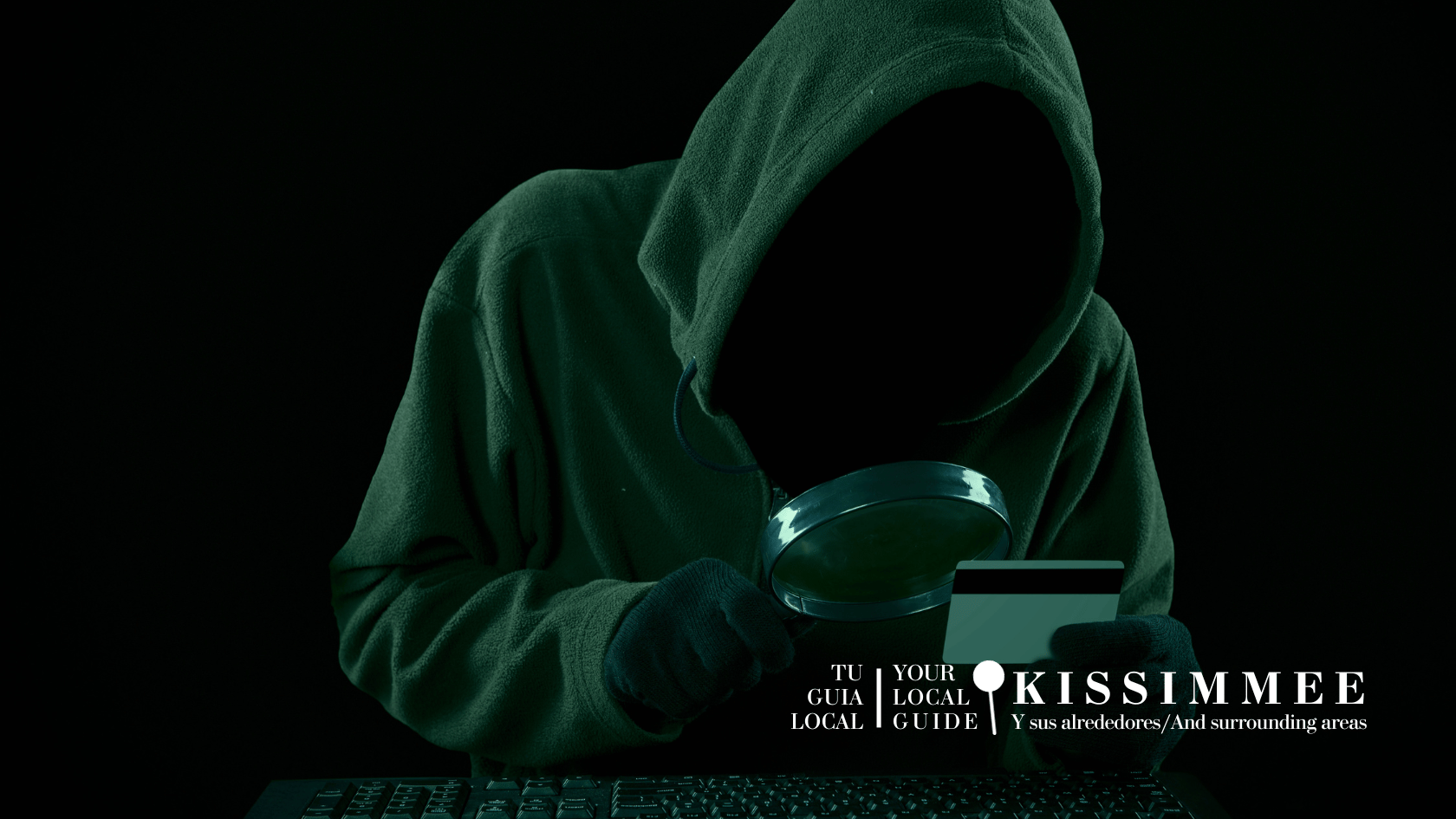In this digital age, where information is readily available and transactions can be conducted with the click of a button, the real estate industry has become a prime target for scammers. Whether you're a seasoned homeowner or a first-time buyer, it's crucial to stay vigilant and protect yourself from potential scams. As a trusted realtor in Kissimmee, I've seen first-hand how scammers operate and how they can prey on unsuspecting individuals. In this article, I'll share tips and insights on how you can safeguard your interests and avoid falling victim to real estate scams.
The Reality of Real Estate Scams

The reality is that scammers are always lurking, waiting for the perfect opportunity to strike. They use sophisticated techniques, such as skip trace technology, to find your contact details and monitor the status of your property. These operations are well-thought-out and targeted, making them even more dangerous.
While many real estate professionals, like myself, have systems in place to combat these scams and regularly inform clients about these potential risks, not all agents follow this practice. This lack of awareness can leave homeowners vulnerable to scams.
What to Expect from Your Realtor

As a homeowner looking to sell your property, there are certain things you should expect from your realtor. We need to ask questions and request documents to verify your ownership and ensure a smooth transaction. Here are some of the documents that a realtor might ask for:
- Home Warranty Deed: This document serves as proof that you are the legitimate owner of the property.
- Title Insurance: This insurance protects you from financial loss due to defects in the title.
- Copy of the Last Payment: A copy of the last payment made to your mortgage company, if applicable.
- Identification: We will need your state ID or passport, or both, to verify your identity.
In some cases, real estate agents might give you forms from the title company asking for the last four digits of your social security number. This is what they call a "Mortgage Payoff Request Authorization". When your property is under contract, the title company contacts the mortgage servicer and asks them for the payoff. They won't proceed until they have something signed by the owner. However, as a trusted realtor, I try to minimize the number of people that have access to your information. I no longer practice this procedure because I prioritize my clients' security. Instead a let the title company contact my clients directly to get this information.
What Your Realtor Should Not Ask For

While it's necessary for realtors to ask for certain documents, there are things that they should not ask for. One crucial piece of information that no realtor should ever ask for is your full Social Security Number. There's absolutely no legitimate reason for a realtor to need this information. If a realtor asks for your Social Security Number, consider it a red flag and proceed with caution.
How I Protect Your Information

As a real estate agent, I understand how important security is for my clients. That's why I've invested in a secure platform for communication. My domain is secure, and I pay for my email address to ensure an extra level of security. Multiple measures are in place to prevent hacking and keep my clients' information private.
Protecting Yourself from Scammers

Now that we've covered what to expect from your realtor, let's delve into some tips on how you can protect yourself from scammers:
Verify the Realtor's Credentials: Always do your due diligence and verify the credentials of your realtor. Check their license status and look for reviews or testimonials from past clients.
Avoid Wire Transfer Frauds: Scammers often pose as realtors or title companies and instruct you to wire funds to them. Always confirm wiring instructions in person or via a phone call to a verified number before transferring money.
Be Wary of Too Good to Be True Deals: If a deal seems too good to be true, it probably is. Be skeptical of listings that are significantly underpriced or sellers who seem overly eager to close the deal quickly. This happens ofter when you don't have a real estate professional representing you.
Protect Your Personal Information: Never give out personal information like your Social Security Number, bank account details, or credit card information to anyone without verifying their identity and the necessity of the request.
Get Everything in Writing: Always insist on getting all agreements in writing. This includes purchase agreements, rental agreements, and any other contracts or agreements related to the transaction.
Confirm Title Company Information: If you're a buyer, whether a first-time homebuyer or a seasoned one, you can avoid being scammed by confirming the information of the title company. In the Florida contract, either the AS-IS or FAR/BAR (the two versions of purchase sell agreements), there's a portion on the first page that talks about the deposit for the escrow. You can confirm the title company's information there. As a realtor I always add this information even if it wasn't provided to ensure you always have a point of reference. Sadly I've seen many contracts without this information. If this happens to you, ask for the titles information from your realtor right away.
Additional Safety Measures: Verify and Confirm

As a trusted Kissimmee realtor, I strongly recommend my clients and everyone involved in real estate transactions to take extra steps to ensure their safety. Here are some additional safety measures you can take:
Call the Title Company: If you get a second set of wire instructions. Find the title company's information online, type their name, verify and cross-reference the contact information. Call the title company and say, "Hey, I received an email from you stating that the wire transfer instructions have changed. Can you please verify this?" They will let you know whether it's true or not. In my experience of more than a decade in the business, I have never seen a title company change their wiring instructions.
Check the Email Address: If you receive an email from an address that states something like 'happytitlecompany@gmail.com', be cautious. Real title companies have their own domain, usually in the form of 'happytitlecompany.com'. They don't use Gmail, Hotmail or Yahoo email addresses. Since they deal with millions of dollars every day, they need extra security, so they use secure methods of correspondence, such as having their own domain.
So here is how the email should look like firstname@happytitlecompany.com.
Be Alert: Scammers are counting on you being busy and not paying full attention. They often make their requests sound urgent to push you into taking action without thinking. But it's crucial to take a moment, read through the emails carefully, and verify the information before responding.
Reach Out to Your Realtor: If you're unsure about anything, don't hesitate to reach out to your realtor. Ask them to confirm any unusual requests or emails. It's better to delay a little than to lose money due to a scam.
Remember, scammers prey on your lack of concentration and urgency. So stay alert, pay attention, and always verify information.
In conclusion, while the real estate industry is rife with potential scams, you can protect yourself by staying vigilant, doing your due diligence, and knowing what to expect from your realtor. As a trusted Kissimmee realtor, my priority is always to ensure the safety and satisfaction of my clients. If you're considering buying or selling a property, don't hesitate to reach out to me. I'm here to guide, inform, and inspire you through every step of the process and ensure that your real estate transaction is safe, smooth, and successful.
Jury Hernandez, Your Trusted Kissimmee Realtor



